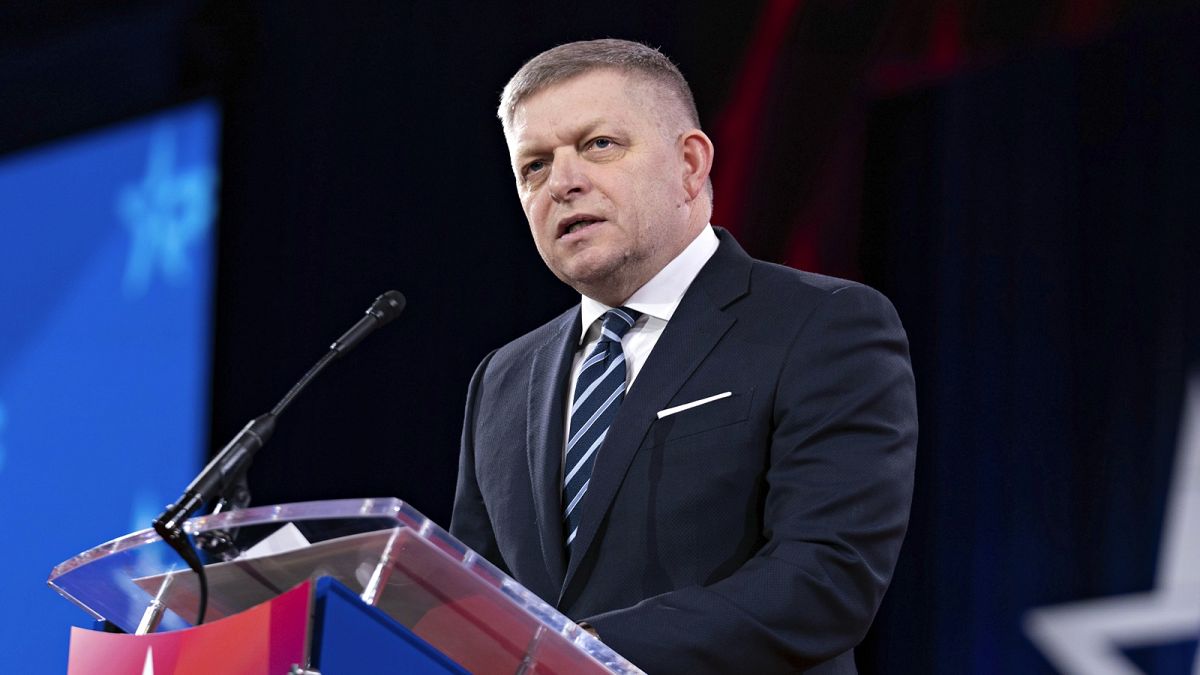

The recent global developments offer a glimpse into the complex dynamics that continue to shape our world. This week, key issues stem from ongoing tensions in the Middle East and debates within the European Union regarding sanctions policy.
In the region of Gaza, an incident involving an Israeli air strike has resulted in the tragic loss of at least 18 civilians’ lives. According to medical officials and reports, the strike took place in the city of Deir al-Balah, targeting a market where Palestinian police were distributing much-needed flour. This event is part of a troubling pattern of strikes, shootings, and bombardments in recent weeks, which have collectively claimed the lives of hundreds of individuals seeking aid.
The broader context of these attacks revolves around aid distribution in the troubled region. The chaos that unfolds amidst the distribution efforts is exacerbated by underlying issues of looting and violence, creating an atmosphere of uncertainty and fear. The aftermath of these strikes not only results in a grievous toll of human life but also disrupts the already fragile supply of humanitarian aid to the residents of Gaza.
In response to these developments, the Israeli Defense Forces have initiated an inquiry into potential war crimes. The investigation will closely examine claims suggesting that military actions may have intentionally targeted civilians, including those congregating near aid distribution sites. Such efforts indicate a pursuit of accountability and transparency in military conduct amidst growing international scrutiny and concern for the safety of non-combatants in conflict zones.
Meanwhile, in Europe, the spotlight shifts to the EU’s internal deliberations over sanctions against Russia. Slovak Prime Minister Robert Fico’s recent veto of a new EU sanctions package highlights the complex interplay of economic considerations within international policymaking. At the heart of the decision to oppose the sanctions is the issue of financial compensation, underscoring the intricate balance member states must navigate between maintaining economic stability and upholding collective geopolitical stances.
Understanding these global events requires a calm examination of the multifaceted issues at play. In Gaza, the need for humanitarian aid persists amidst a backdrop of strife, with renewed efforts to ensure safety and access indicating hope for some measure of resolution. Concurrently, the debate within the EU invites reflection on the significance of economic factors in shaping international cooperation, underscoring the multifarious challenges that decision-makers face in a globalized world.
These unfolding situations serve as a reminder of the interconnectedness of our global community. Navigating such complexities with caution, empathy, and openness to dialogue remains crucial as we work towards a more peaceful and equitable future.
Source: {link}
